Brooke Magnanti, better known by her nom de plume Belle du Jour, is a biologist, blogger and author, who rose to fame following the publication of her 2005 book Intimate Adventures of a London Call Girl, later adapted for television. Below, she discusses whether love is an artificial construct and if people should be allowed to marry their first cousins.
There have been suggestions that love is a modern invention. Do you think that love is intrinsic to the human condition or in some way artificial?
I think we have exaggerated certain aspects of love, especially romantic love, what we expect it to be and expect it to become: this idea of fidelity and two people loving each other forever. Yet we can't deny that there is a biological underpinning to all of it.
In the initial stages of attraction, when your body is producing adrenaline and norepinephrine, and later when you start bonding through oxytocin, you can’t deny that it is happening over and over again. When you're feeling that first intense rush of love, that is something biological that is happening to you.
I suppose the question that I was interested in is exploring whether it's right to take those first, early stages and then say that we can make it into something that lasts forever. Is it even possible to do this?
And do you think that it is possible to love the same person forever?
Not to be too crass about it, but I think that you can game love, you can hack love. You can take a genuine loving attraction and, once you get past those initial stages, continue to do things that are interesting and exciting. For example, you go on a new journey together – that really does keep the intense attraction alive, and that's what makes all the difference.
You see people who have been together for decades, they talk about doing new things together, they’re on each other’s team; its like having a partner in crime. And to me the perfect ideal of love is having a partner in crime.
Do you think the traditional structure of relationships is the best mould for us biologically, or is there scope for us to diversify our relationships?
I think it really depends on the people involved. This is where a certain element of honest communication comes into play because some people can be satisfied with one person until the end of time, but not everybody’s relationships are going to be like that. Some people do better with open relationships, some people do better with honest acknowledgement of outside affairs and we really shouldn’t judge.
From day one, though, people tend to have high expectations. What is the thing we always hear? They lived happily ever after. It's in every children's story and every fairy tale, but they never tell you what comes after the happily ever after, or after the marriage. How do you do happy ever after?
Do you think happily ever after is possible?
I think it is possible, but I think it’s hard work. There does seem to be an assumption, especially with some of the myths surrounding romantic love, that as soon as you’ve found that perfect person things will fall into place and you'll automatically know what to do. Actually, it's never going to be that easy. Successful relationships are really about work, but it's worth the work and it’s worth putting the time in.
Do you think there should be any kind of legislation or interference around love, for example incest and polygamy?







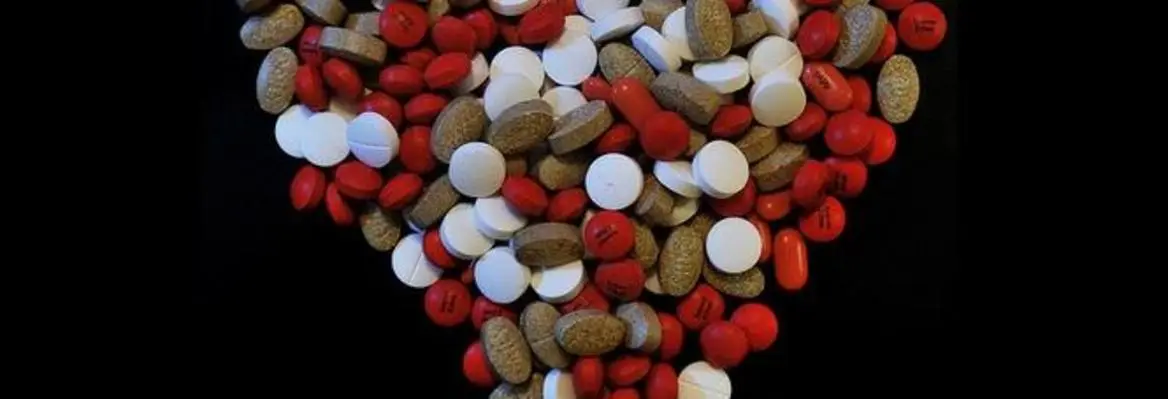


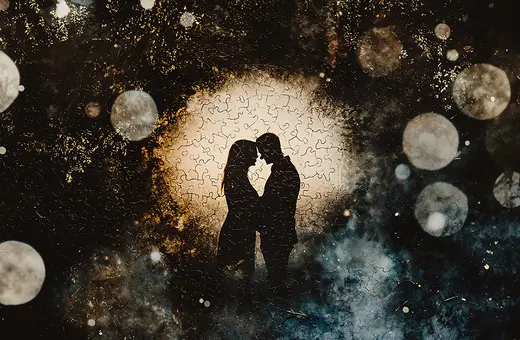
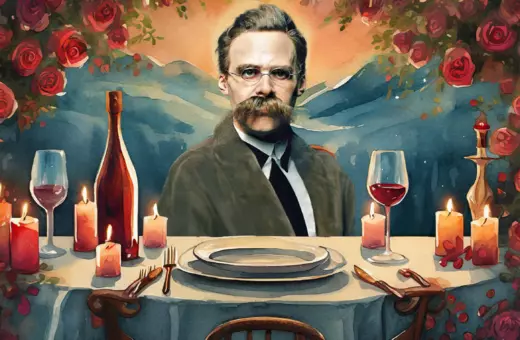
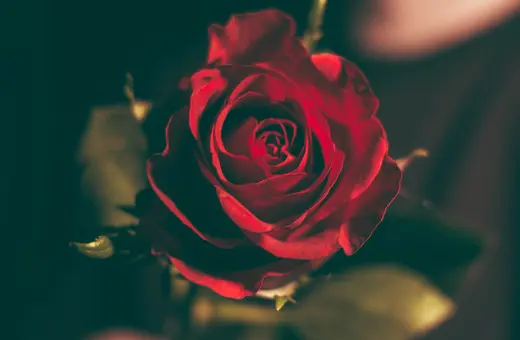

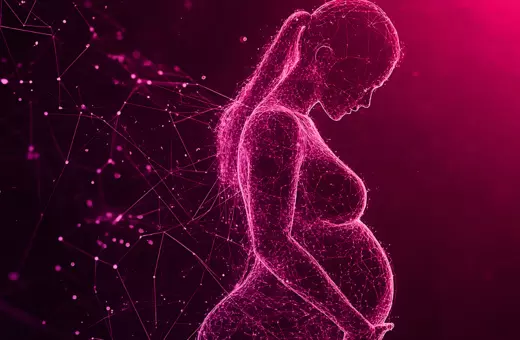
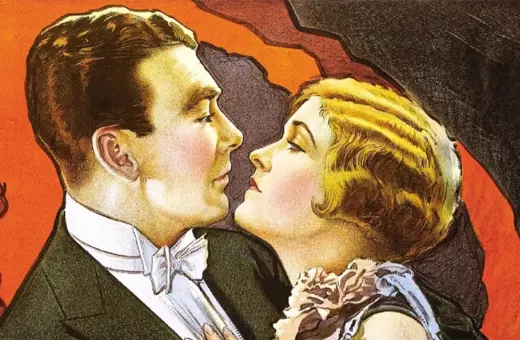
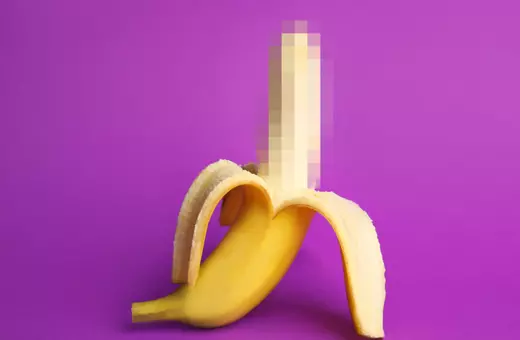
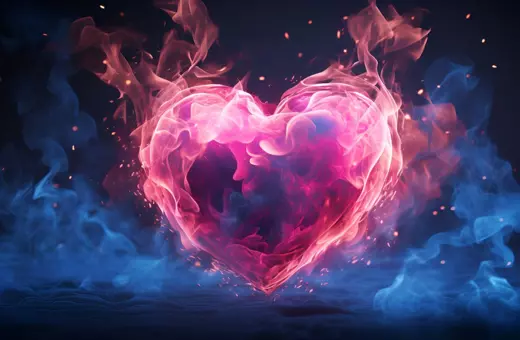



Join the conversation